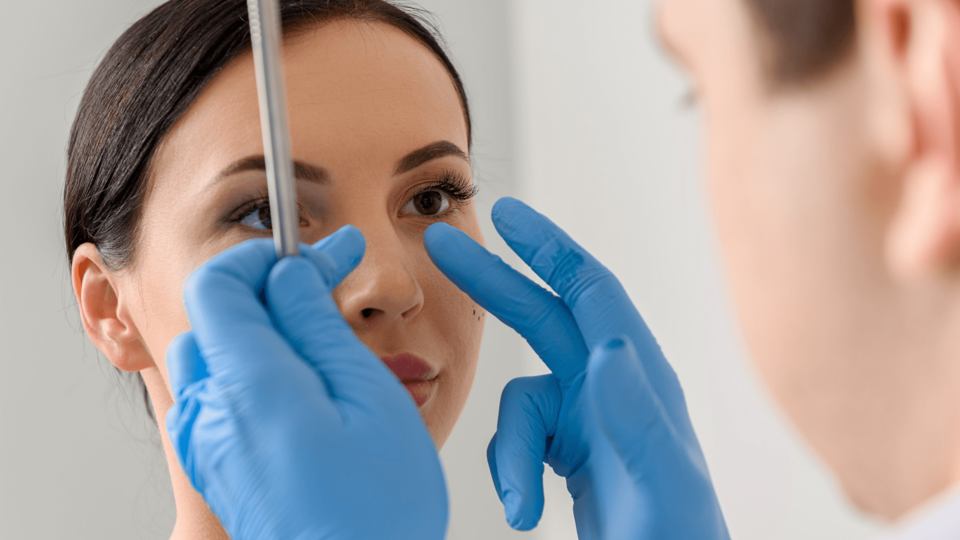A strong jawbone serves as the firm foundation for successful dental implant placement, ensuring stability and longevity. However, compromised bone density and thickness can jeopardize implant success. The upper jaw poses particular challenges due to insufficient bone volume and its proximity to the sinus cavity.
Sinus lift surgery or sinus augmentation offered by the dentist in Willowdale, North York, ON, and their expert surgical team, helps strengthen the jawbone and facilitate easy implant placement. Dive into this informative blog to know everything about sinus augmentation.
What is sinus lift surgery?
Sinus lift surgery, also known as sinus augmentation, is a surgical procedure recommended by a dentist to help secure your dental implants when there is insufficient bone support. A sinus augmentation surgery can help by increasing the amount of bone in the upper jaw by adding bone to the space between your molars and premolars.
When is sinus lift surgery recommended?
According to the Foundation of Oral Rehabilitation, you will be recommended a sinus lift surgery if there is:
- Less than 4 to 6 mm of bone height in the posterior region of your jaw.
- Tooth loss due to birth defects, cancer, or periodontal disease resulting in the thinning of the jawbone over time.
- Inadequate bone in the area of implant placement causes poor anchorage, and the implant will fail to perform demanding tasks like chewing.
How is sinus lift surgery performed?
Preparation
- Your dentist will examine your teeth, mouth, and gums to assess your oral health. The amount of jawbone near the area of implant placement will be evaluated through dental X-rays or CT (Computed Tomography) scan.
Procedure
- Your doctor will administer local anesthesia to numb the surgical area.
- A tiny incision or cut will be made near the upper premolar and molar area to expose the jawbone.
- Your doctor will make a small opening into the bone using ultrasonic instruments.
- The membrane lining the sinus on the other side of the opening will be carefully pushed upwards.
- The space created will be filled with bone graft material (taken from your own body, a deceased donor, or a synthetic material that can stimulate bone formation).
- Your doctor will then close the incision through sutures.
- Once the surgical site heals, the dental implants will be placed.
Sinus lift surgery is a highly successful procedure that allows you to receive dental implants and restore function and aesthetics to your smile in case of insufficient bone thickness. However, it requires careful planning and execution by a qualified dentist or oral surgeon to ensure optimal outcomes, for improved oral health.

